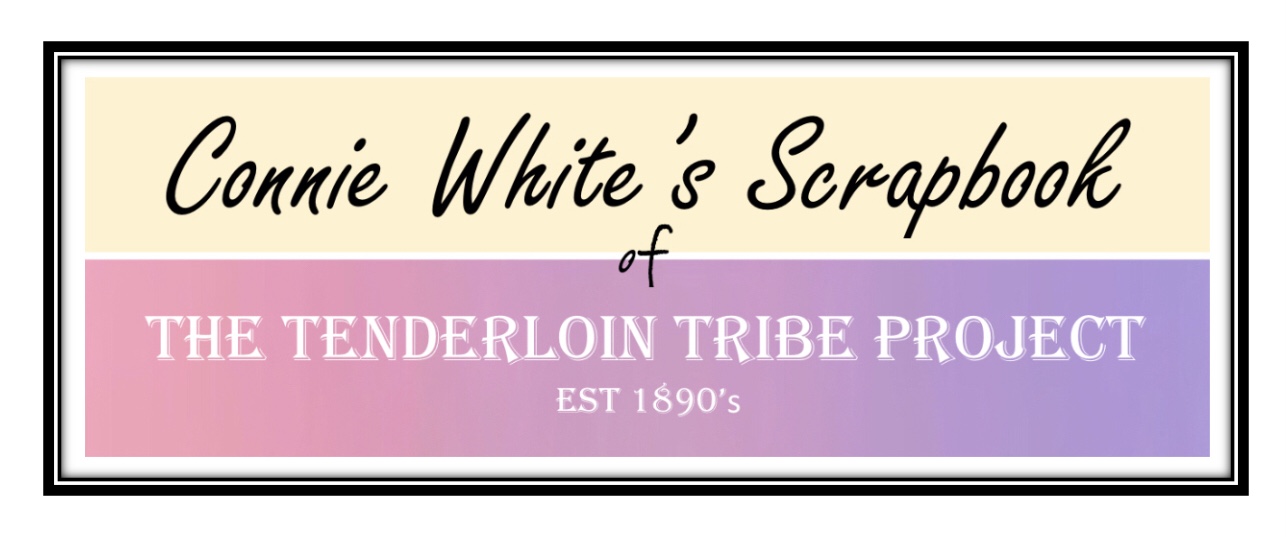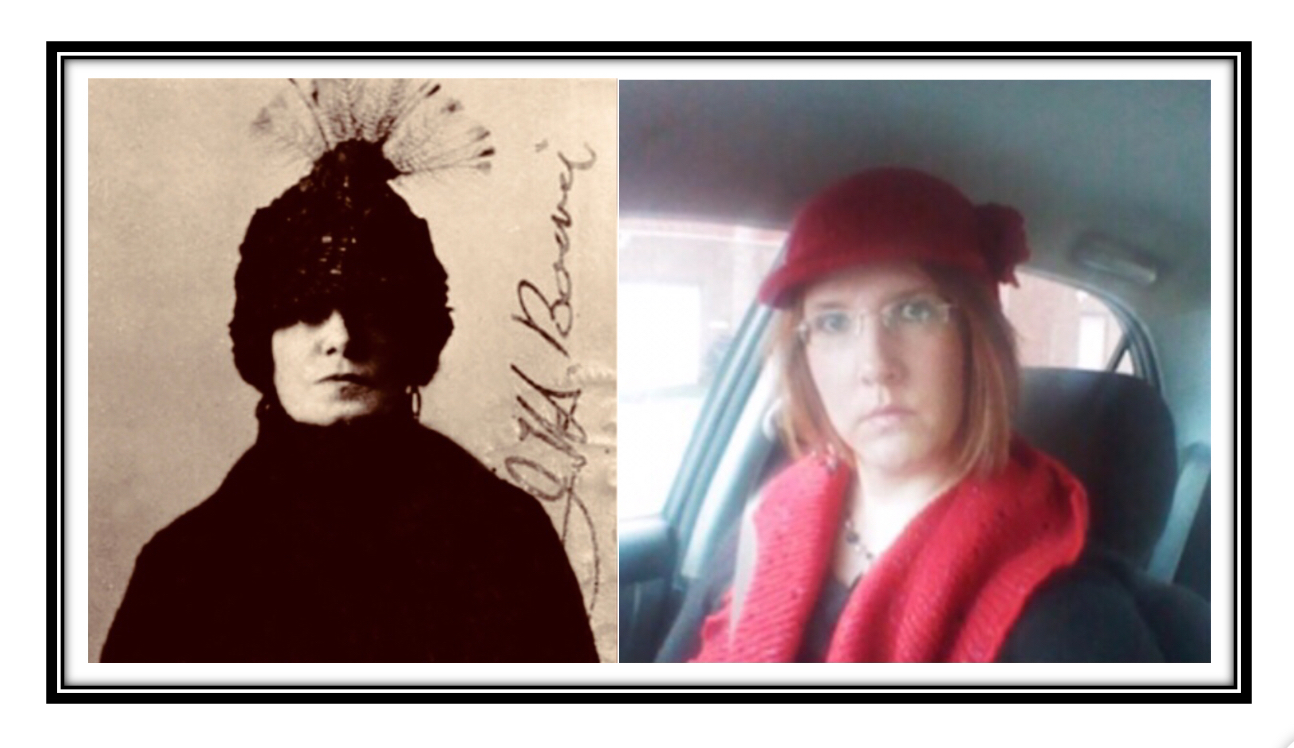When my children were young, I read an article in a magazine at our doctor’s office. I requested permission from the office staff to rip out and take those pages. Yes, I actually asked. Thou shalt not steal -Exodus 20:15, had been hard wired into the impressionable psyche of my childhood self. But thats a different topic for another time. I felt strong resonance with the subject about which the author wrote. I had never before heard of imposter syndrome. Nevertheless, after finishing the article, I promptly diagnosed myself with it.
I had it bad when I was in nursing school. One of the teachers made us turn in our work with our name on it. However, writing Connie White was not satisfactory. I was required to write, Connie White, RN. She said we needed to go ahead and start getting accustomed to our new title. I felt so awkward and fake when I added those credentials. I worried that I might not be smart enough to pass school much less the boards. I felt like I shouldn’t write it until it was true. What an important lesson she taught me.
She made me get comfortable identifying myself in the present as someone whom I was still becoming.
It makes me think of something Abraham Hicks says, “Tell the story the way you want it to be.” And it also makes me think of Professor Herminia Ibarra who gave this amazing TED talk on the authenticity paradox. In the video below, she said, “The way we think about authenticity poses a real danger to our capacity to grow and learn.” She went on to explain her theory behind transition points with a phrase she coined, “What got you here won’t get you there moments.”
She said who we define as our authentic self is really just a set of skills in which we are comfortable being.
She continued, “The old ones have become core to our sense of who we are, our identity. And so not sticking with them feels like we’re somehow being inauthentic.” She noted that when defining self-authenticity, we often quote Shakespeare, “This above all to thine own self be true.” But Professor Ibarra suggested we then have to ask, to which self, the old or the new?
When she talked about fake it until you make it, I thought about how my now grown children have reminded me that I often said this to them when they were younger. I didn’t even fully understand my own words back then. Professor Ibarra went on to say, ”You cannot think your way (or) reflect your way out of the authenticity paradox. You have to act your way into a new way of thinking about yourself.” The professor also reported that the interpretation of the Greek word for authenticity is “that which you do (as the author and in sincerity) with your own hands.”
Yes, I can be delulu enough to sincerely act my way into a new way of thinking about myself.
Besides, in religion, it’s not called acting out of delusion. It’s called faith with works. Even so faith, if it hath not works, is dead, being alone -James 2:17. I think faith is one side of the coin and works the other. Delulu, by the way is a term someone on TikTok coined and now it’s a thing. True-lulu is also now a trending term. So, if delulu is the word for delusional faith, then true-lulu must be defined as the evidence or manifestation of that crazy belief. I’m going to pause this line of thought, though, because it’s high time I define “IFB.”

